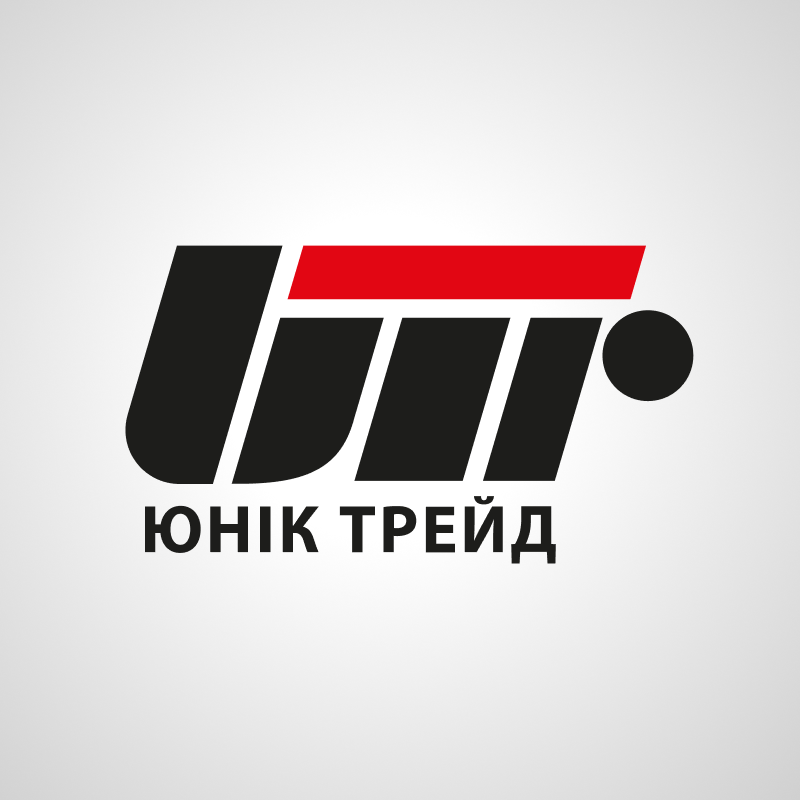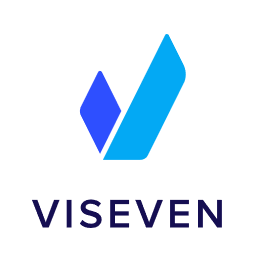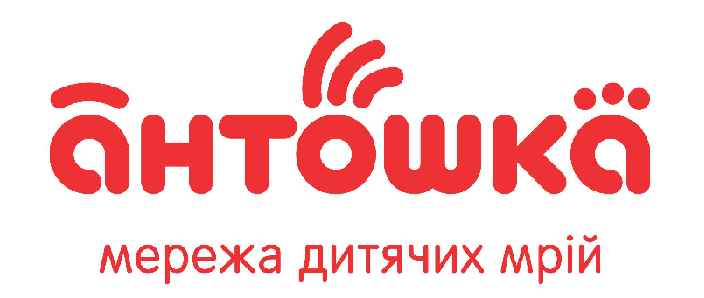
LMS test drive: 8 necessary steps for successful implementation
Imagine buying a car without driving it. Sounds ridiculous, right?
It’s the same with choosing an LMS. It’s an important step for a company that requires a careful approach and thorough testing.
But how do you make sure you choose exactly what you need?
Thorough testing is the key to success. It will help you avoid costly mistakes and find the perfect solution for your team.
We have prepared a roadmap of 8 key stages of LMS testing. Following it, you will be able to choose the system with which you will meet.
How to effectively test an LMS: 8 critical steps you shouldn’t miss
 1. Forming a focus group for testing
1. Forming a focus group for testing
The first step is to create a representative focus group for testing the LMS. It is recommended to involve employees from different departments of the company to ensure a comprehensive approach to testing and take into account different usage scenarios. It is advisable that the group contains participants with different levels of technical training: from beginners to advanced users. This will help to assess how intuitive and convenient the system is for different categories of users.
In addition, potential system administrators and content developers should be included to evaluate the functionality in terms of management and creation of learning materials.
This diversity in the focus group will ensure a comprehensive evaluation of the LMS and help identify potential limitations of the system in the early stages of testing.
 2. Checking the basic functions of the LMS
2. Checking the basic functions of the LMS
Before you make your final decision, check all the main features of the LMS. This will help you understand whether the system meets your needs and can effectively support learning in your company.
We advise you to pay attention to the following aspects:
- Registration and authorization.
Evaluate the simplicity of these processes, check whether there is a password recovery option, and the variety of authentication methods (e.g., two-factor authentication, SSO).
- Creating and managing tasks.
What types of learning tasks can be created (programs, courses, trajectories, tests, etc.). What types of assignments are available in the system (individual, group, automatic based on organizational structure). Possibilities to set deadlines, reminders, sequence of tasks, etc.
- Variety of content.
What formats and forms of content can be uploaded to the system. Whether there is support for video, audio, presentations, SCORM courses, and other interactive elements.
- Evaluation system.
What types of assessments can be created, whether it is possible to provide feedback, limit the time of completion, protect against cheating, etc.
- Communication tools.
Availability and functionality of communication tools, such as forums, chats, automatic reminders, etc.
- Creating a learning library.
Whether it is possible to maintain a corporate knowledge base. How convenient it is to search for materials in it, whether they can be categorized, tagged, etc.
- Integrations.
Ability to integrate with HRM systems, analytics tools, webinar platforms, and other corporate tools. Availability of APIs for creating your own integrations.
- Gamification.
The presence of gamification elements: badges, ratings, achievement levels. The ability to create educational quests and competitions.
- Competency management.
Whether the system allows you to create and track the development of employee competencies, link training materials to specific competencies.
LMS Collaborator has it all and more! From simple registration to flexible competency management.
Try LMS Collaborator right now and see how easy it is to transform learning in your company.
 3. Testing the interface and usability
3. Testing the interface and usability
The system should be easy to use, so that end users can work with it comfortably.
Evaluate the intuitiveness of the interface. With the help of an already formed focus group, check how easy it is for users to find the functions they need without prior training. Additionally, pay attention to whether the interface is customizable, supports different languages, and is adaptive to mobile devices and different browsers.
For example, LMS Collaborator is constantly expanding its capabilities for comfortable use of the system. The system has a multilingual interface so that employees can work with the platform in their preferred language: Ukrainian, English, German, Polish, Czech, and Romanian.
 4. Testing the ability to administer and manage learning content
4. Testing the ability to administer and manage learning content
This stage focuses on testing tools for system administrators. It is important to evaluate the user management capabilities: creating groups, assigning roles, and managing access. Particular attention should be paid to the ability to display and manage the company’s organizational structure in the LMS. This allows you to effectively assign training according to positions, departments, and hierarchy in the company. In addition, we recommend that you also test the content management capabilities, as well as process automation, which simplify administration.
 5. Checking the professionalism of technical support
5. Checking the professionalism of technical support
An important stage in LMS testing that is often underestimated. Professional technical support will help make the experience of using LMS easy and comfortable.
Pay attention during testing:
– How quickly do they respond to you?
– Do they really help you solve the problem?
– Is everything explained clearly so you can avoid similar problems in the future?
Also, check the hours of technical support and how you can contact them. Will you be able to get help when you need it?
LMS Collaborator’s technical support team is always ready to help users. They not only answer questions quickly, but also help to better understand the system so that customers can use all the features of the LMS to their maximum advantage.
«The technical support of LMS Collaborator is one of the best and most convenient technical support I have ever worked with. Its employees will not leave you until they help you and solve your issue. For me personally, LMS Collaborator technical support is on par with Apple».
Anatolii Kovalenko – Head L&A Learning & Assessment
 6. Evaluation of LMS analytical and reporting capabilities
6. Evaluation of LMS analytical and reporting capabilities
Analytics is the key to understanding how your training is working. It helps you see what works well and what needs to be improved.
When testing an LMS, pay attention to how deep the system collects analytics. Does it only track basic information about passing rates or does it provide deeper analysis, including engagement and activity during training. What types of reports the system offers. Whether it is possible to create both standard and custom reports, as well as in what formats they can be exported.
For example, LMS Collaborator collects detailed statistics for each type of task and automatically generates reports that allow you to analyze the results in depth and identify areas for improvement. In addition, the system tracks user activity on the platform and keeps a history of their learning. This ensures a complete understanding of each employee’s progress and makes it possible to respond quickly to the need for additional training.

Example of reports in LMS Collaborator
 7. Scalability analysis
7. Scalability analysis
It is important that the LMS grows with your company. During testing, you should evaluate:
– whether the system will be able to work effectively with a large number of users in the future,
– whether it will support integration with new tools and platforms that the company may start using.
The scalability assessment also includes the ability to add new modules and functions in accordance with changes in the company’s business processes.
This will help you choose a system that will ensure the effectiveness of corporate training in the long run and will not become obsolete in a year or two.
 8. Security assessment
8. Security assessment
Security is the cornerstone of any online system, and LMSs are no exception. When we talk about a learning platform, we’re dealing with a lot of personal data and important corporate information. That’s why security checks are not just a check mark on a list, but a critical step.
Ensure that the system encrypts data and transmits it through secure channels. You should also analyze the protection against unauthorized access, including the system of access rights and the possibility of using two-factor authentication.
Equally important is the issue of compliance of the chosen LMS with the international security standard ISO 27001. This is an additional safeguard against potential threats related to the safety of company and employee data.
For example, LMS Collaborator is ISO 27001 certified. This confirms that the system meets the requirements of the international standard for information security management, including data protection, prevention of unauthorized access, and risk minimization.
LMS Collaborator provides data encryption, secure data transmission channels, two-factor authentication, and access control systems that allow you to reliably protect personal and corporate information.

Conclusion
Remember that the right LMS is an investment in the future of your team. It can be a powerful tool for improving learning efficiency, developing talent, and achieving business goals.
Take the time to test it. It’s much less than the time you can lose by choosing a system that’s not yours. Listen to the feedback from your focus group and carefully analyze every aspect of the LMS. Make this choice wisely, and you’ll see how training turns from a chore into an exciting journey to new knowledge and skills for the entire team.
With LMS Collaborator, you get not just a learning platform, but a reliable partner in your business development.
Leave your application and test the capabilities of LMS Collaborator today!



































